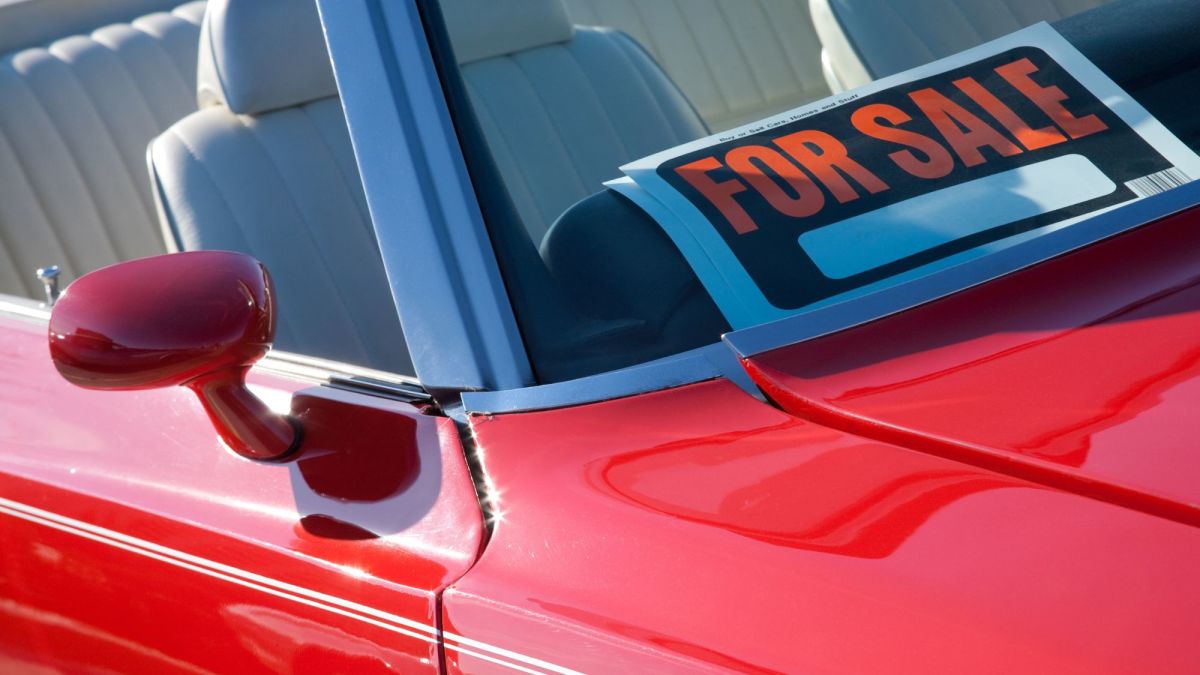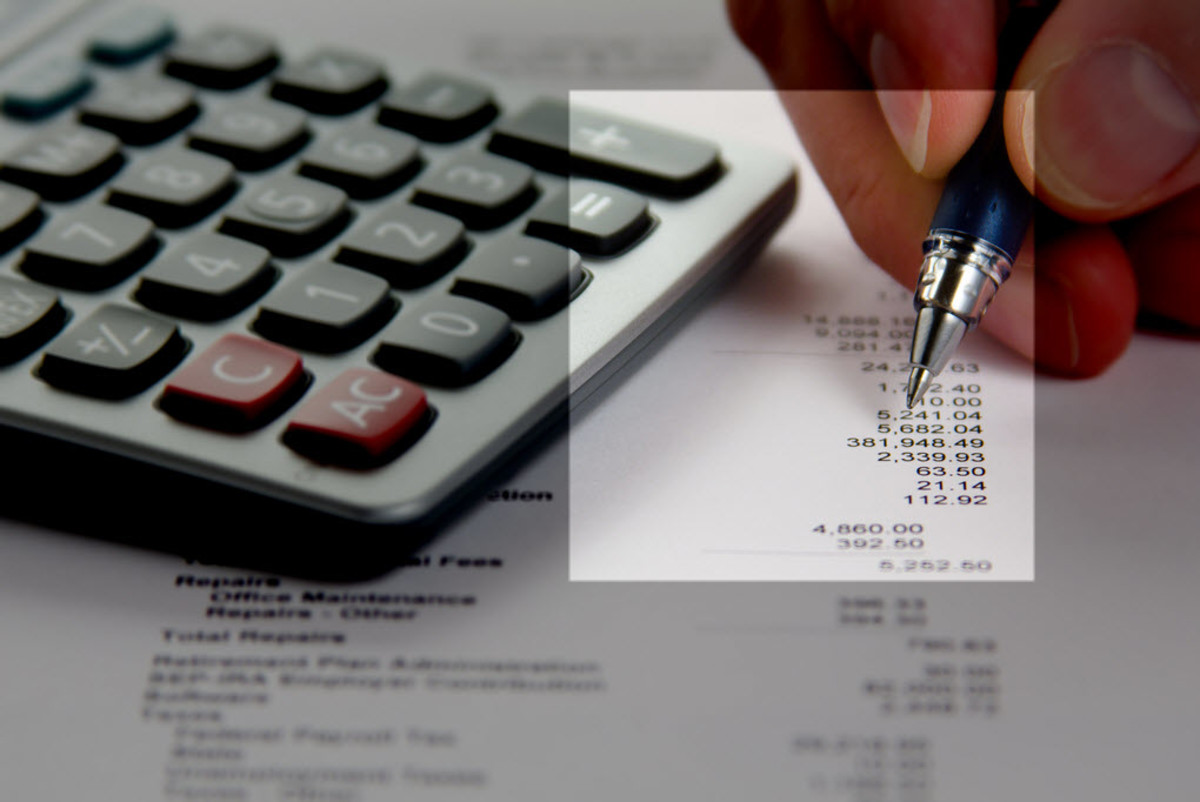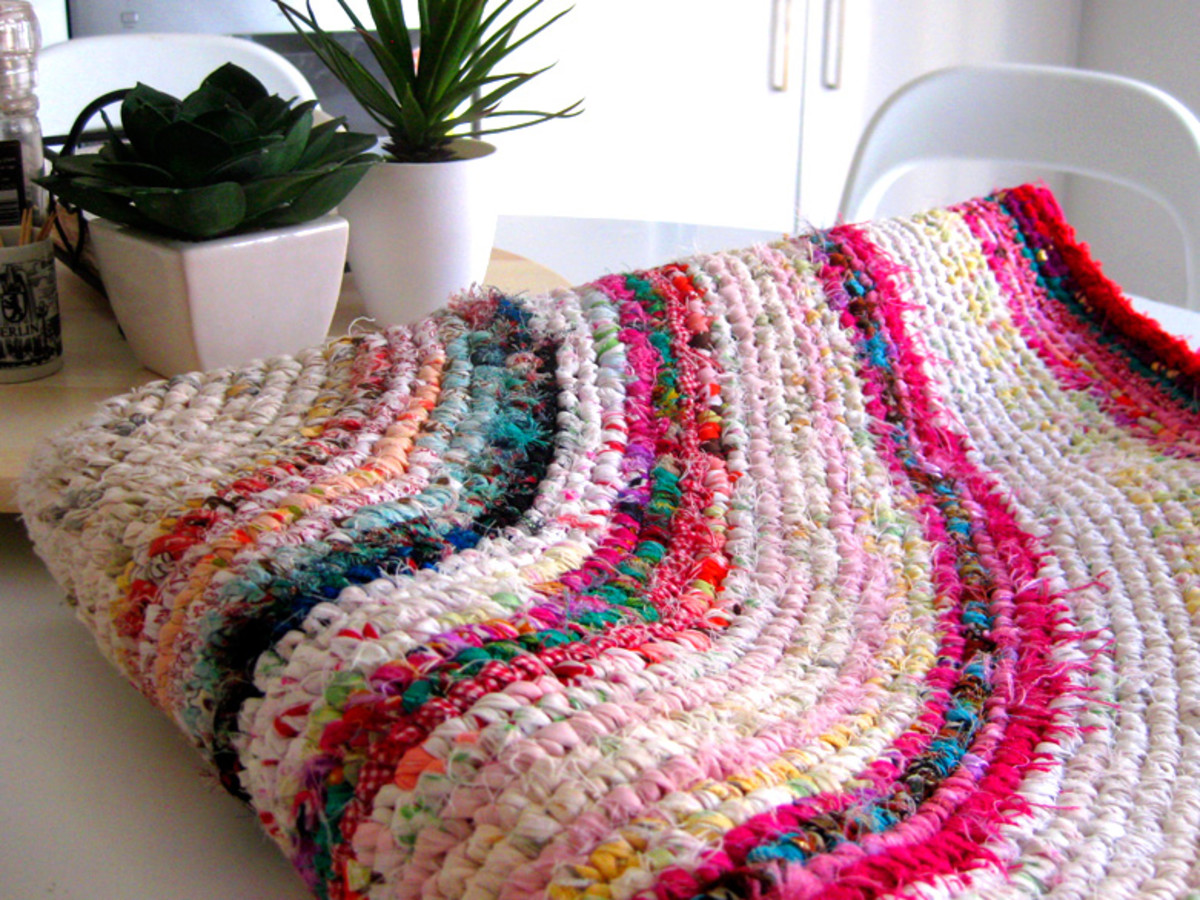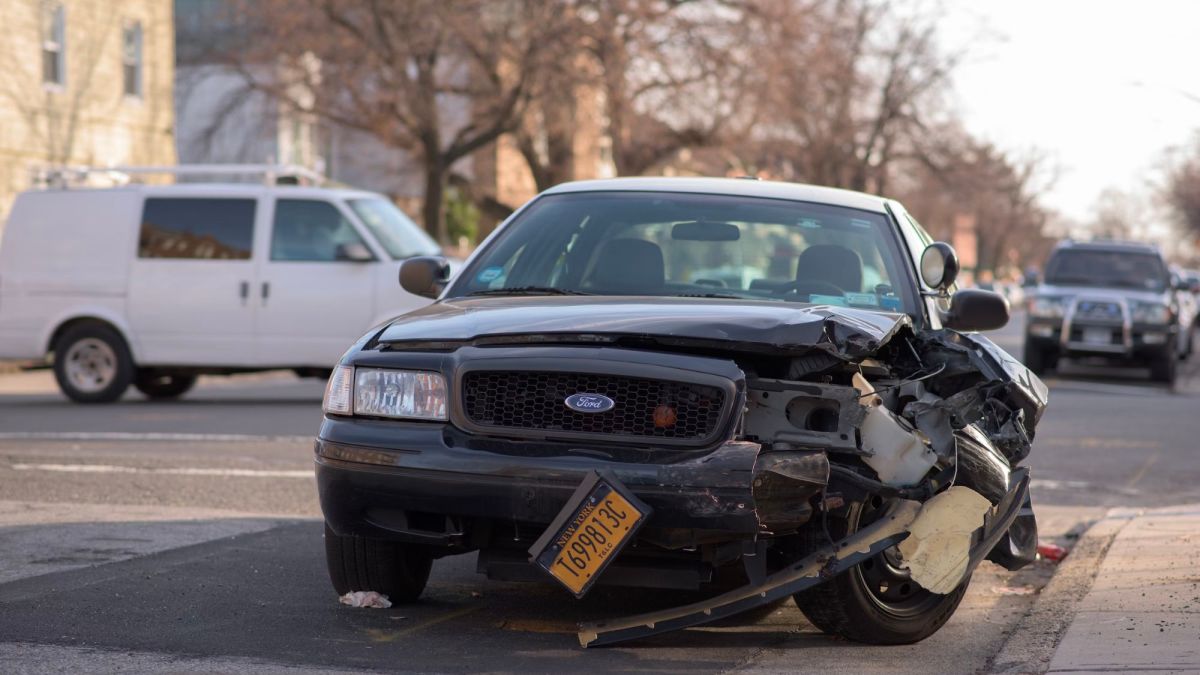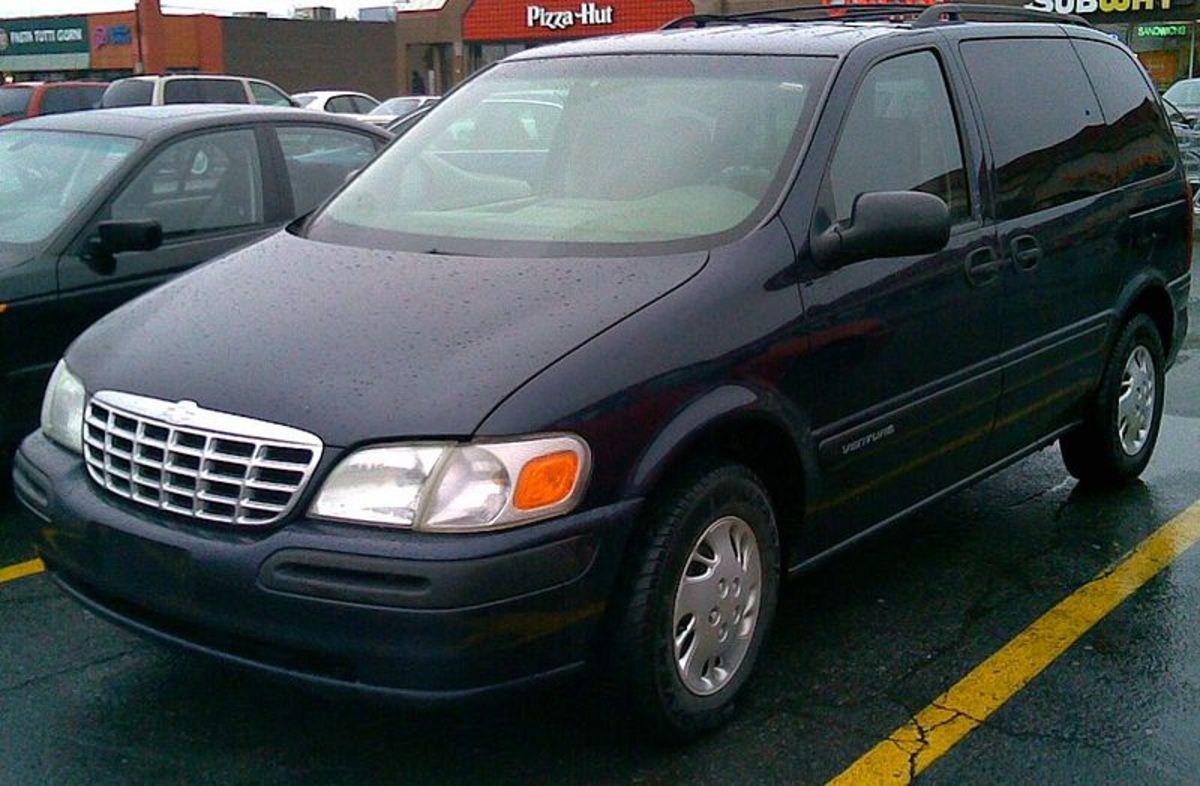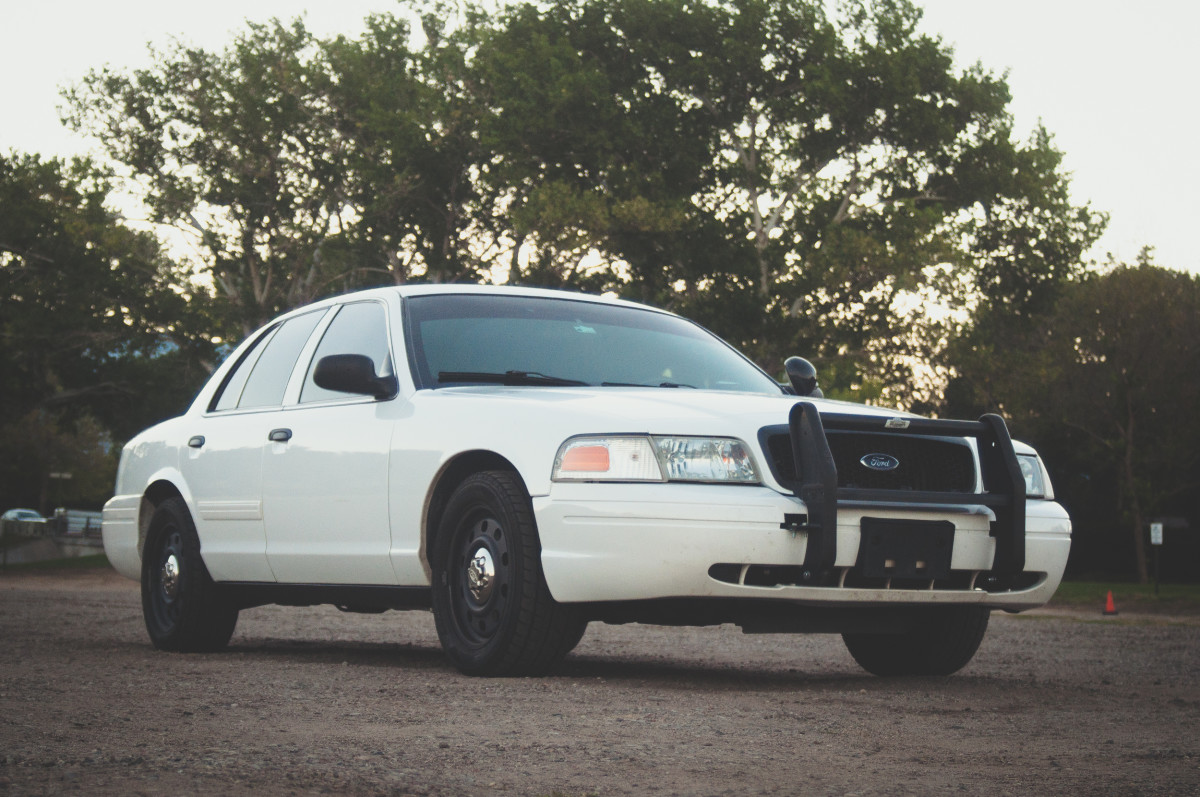Tips to Shop for A Used Car to Avoid Buying a Lemon
Shop for Used Car
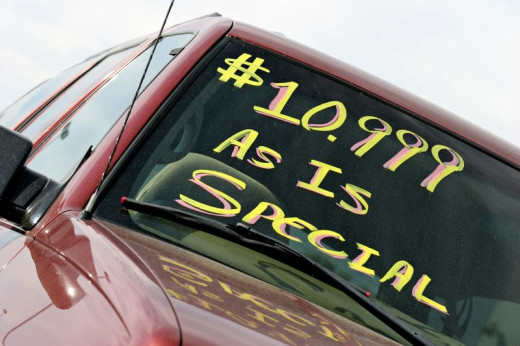
Buyers Tips for Purchasing a Used Vehicle
Many people purchase used vehicles because of the cost compared to brand new vehicles. Due to the fact that the car is used, it is very important for a buyer to consider various aspects before buying a used car to avoid buying a lemon.
One of the key considerations to think about, is to ensure the vehicle has low mileage, because the higher the mileage, the more likely wear and tear will be. When buying a used car you should also get informed of the regulations regarding used cars in your location.
Decide What Type of Vehicle You Want
When buying a used car, you first and foremost need to be clear on what you are looking for. This includes but is not limited to the following:
- a.) Your budget
- b.) The make or brand of the car
- c.) Engine size and type. i.e. Diesel or petrol engine
- d.) Salon, station wagon or pick up track
- e.) The color
- f.) Mileage
- g.) Cost of spares, repairs, maintenance and insurance
- h.) Rate these factors in order of priority to you
Once you have narrowed down your search, you can now settle on the car that fits your needs and specifications. With this in mind, one can now be able to make comparisons from the different dealers or individuals available. The ultimate goal being to get the best quality used car and at the most competitive price.
Do Your Research
After settling on the specifics of what you want, do a thorough search to get details of the market value of the car. The price should not be too high as it would suggest a rip off, and neither should it be too low, to raise eyebrows on the actual quality you would be getting. Remember the saying, "if it's too good to be true....." It is wise to have a checklist which you can use to qualify or disqualify the various cars that are available. Information on the available deals can be obtained from the internet, newspapers, or a visit to the local dealers.
Check Out the Dealer
Once you have narrowed down on the car you want, it is time to do a background check on the car dealer you intend to use, including their registration details. At this point you can check for customer reviews online to see what others who have used the dealer have experienced. This is the easiest method; it is also free and easily accessible.
In the case the dealer has a bad reputation you will know and can move on to the next dealer. Other key information can be collected from the dealer or seller by asking questions such as the following:
- a.) Why are you selling the car?
- b.) How long have you had it or used it?
- c.) Has it been involved in a serious accident?
- d.) Are there any defects or malfunctions?
If you choose to go with a car dealer, be sure to find out what their guarantee or service policy is before a purchase.
Don't overlook trying to buy a used vehicle through a private party. There are ads in your local newspaper, Craigslist, Ebay and many other resources in which to find someone who is selling their vehicle.
Detach Emotionally
It is also important that you detach emotionally when buying a used car. Sometimes people get too attached to the car at the first sight even before doing a thorough check. Car dealers can also take advantage if they sense that you have been overly impressed by a car. Others also put in sales gimmicks such as it is the last available, or telling you that you cannot get a better deal, or the car will be gone if you don't make a decision fast, or whatever their favorite line is.
One should always remain objective and settle on their car based on a careful, comprehensive and logical analysis of their needs, and not an emotional response that could leave you with buyer's regret.
Access the Vehicle
Most dealers or salesmen will not openly declare damages to the car willingly as it may reduce the selling price or reduce their chances of selling the vehicle. It is in your best interest to critically analyse the vehicle both inside and out to ensure that you get value for your money. Some of the important details on your checklist should include:
a.) Car history including previous owner, engine number should also correspond to the registration number to confirm it is not stolen, this can be confirmed with local authorities, and you can also check if it was a write off.
b.) Physical check should also be done, and if possible use an independent party such as your local mechanic who can inspect the car, run a thorough check and identify any area of concern or mechanical glitches. Paying for this service could save you thousands, so it's worth the money to shell out on this.
c.) Check the interior and exterior of the car for any visible marks, welding marks are clear evidence of a car involved in a crash. Be on the lookout for concealed dents or scratches as well.
d.) Check under the hood for any signs of oil leaks on the engine or any other damage.
e.) Check the tires to ensure they are in good condition, have enough and even tread, rims are not bent or twisted etc
f.) Check safety belts, steering wheel, dashboard, switches, lights, locks etc to make sure that everything is in good working condition.
Test Drive
Once you have done all the background checks, you should do a test drive to check the actual steering, transmission, braking and suspension as well as identifying any strange noises from the engine, or the body. Drive on different road surfaces and vary the conditions if possible.
If you feel this is the vehicle you'd like to buy, negotiate the price and use your checklist to calculate the cost of repairs, on any faults you may have found. The paperwork should be straight forward, making sure that you get the original copies of registration, log book, and receipt. Only then should you put a deposit or pay for the purchase. Whenever possible, always pay through check.

